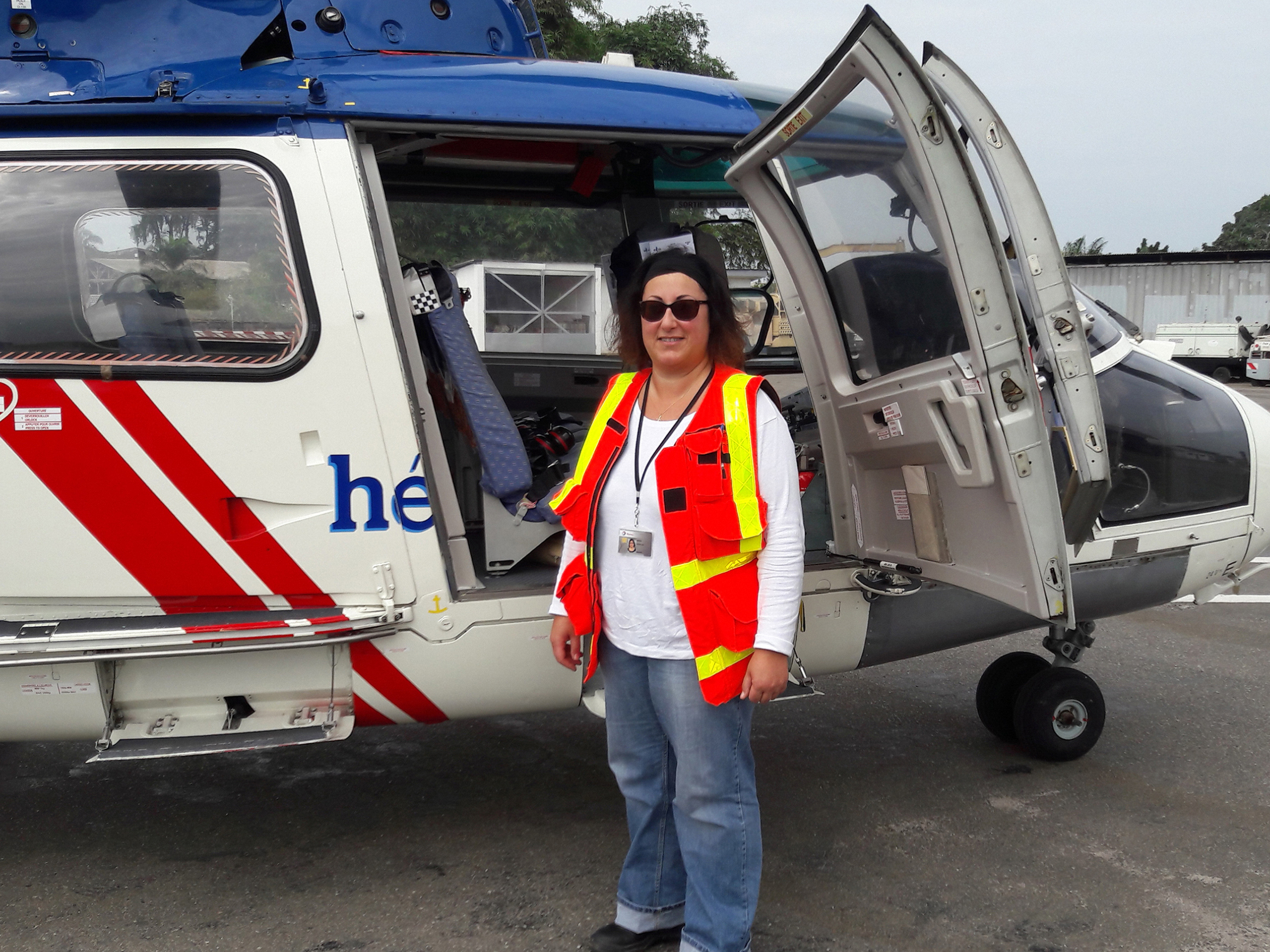Ramadan & Health: Adopt the Right Habits for a Safe Fast
Ramadan is a month of spirituality and discipline, but it can also be a challenge for your health. Between prolonged fasting, changes in dietary habits, and fatigue, it is essential to adopt the right practices to prevent dehydration, hypoglycemia, or other complications.
Whether you are in good health or under medical treatment, here are Medical SOS’s recommendations for a safe Ramadan.
Ramadan & Health: Key Facts
- The body takes 3 to 5 days to adjust to fasting.
- Dehydration is one of the biggest risks, especially in hot weather.
- An unbalanced diet can cause hypoglycemia, fatigue, and digestive issues.
- People under medical treatment should consult a doctor before adjusting their medication schedule.
A Balanced Diet to Sustain You Through the Day
During Ramadan, your nutritional intake must be rich and adapted to provide enough energy between suhoor (pre-dawn meal) and iftar (breaking of the fast).
- Suhoor: Prioritize slow-releasing carbohydrates (whole-grain bread, oats, quinoa, brown rice) and proteins (eggs, cheese, plain yogurt, nuts).
- Iftar: Start with gradual hydration with water and dates, choose a light soup and vegetables before incorporating proteins (lean meat, fish, lentils).
- Avoid fried and sugary foods that cause blood sugar spikes.
Hydration: A Priority
- Drink 1.5 to 2 liters of water between iftar and suhoor.
- Avoid coffee, tea, and sodas, as they increase water loss.
- Incorporate water-rich foods (cucumbers, watermelon, yogurt).
If you take medication for hypertension, diabetes, or other chronic illnesses, do not modify your treatment without medical advice.
When Should You See a Doctor?
- Persistent fatigue and unusual energy loss.
- Dizziness, blurred vision, or loss of consciousness.
- Extreme thirst despite proper hydration.
- Chest pain or heart palpitations.
Medical SOS is Here to Support Your Health

- Medical consultations before and during Ramadan.
- Health check-ups and monitoring (blood pressure, blood sugar tests, cholesterol levels).
- 24/7 emergency response in case of illness or complications.
Book an appointment today! A simple check-up can make all the difference.
📩 Contact us:
- Email: contact@santeams.com
- Phone: +224 610 72 38 38
Wishing you a blessed Ramadan.

